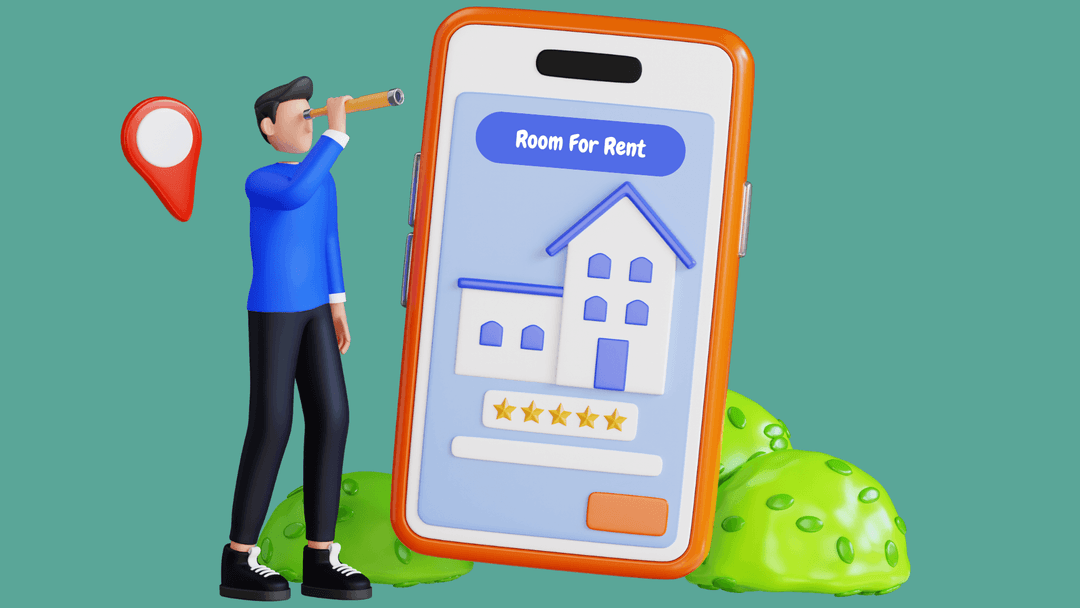
Renting Out a Room: Setting Clear Expectations and Boundaries
Renting out a room in your home can be a great way to earn extra income and meet new people. However, it can also lead to conflicts and misunderstandings if expectations aren't clearly defined from the start. To ensure a positive and harmonious living arrangement, it's essential to establish clear guidelines and boundaries with your potential flatmate.
1. The Importance of a Flatmate Agreement
A flatmate agreement is a formal document that outlines the rights and responsibilities of both the landlord and the tenant. It helps to prevent misunderstandings and disputes later on. Some key points to include in your agreement are:
- Rent: Specify the rent amount, due date, and late payment penalties.
- Utilities: Determine how utilities will be divided and paid.
- Common areas: Clearly define who is responsible for cleaning and maintaining common areas.
- Guests: Establish rules for guests, including overnight stays and noise levels.
- Pets: If you allow pets, specify any restrictions or additional fees.
- Notice to vacate: Determine the required notice period for either party to terminate the agreement.
- Emergency contact information: Exchange emergency contact information for both parties.
2. Communication is Key
Open and honest communication is essential for a successful flatmate relationship. Encourage regular communication and address any issues promptly. Here are some tips for effective communication:
- Active listening: Pay attention to what your flatmate is saying and avoid interrupting.
- Be respectful: Treat your flatmate with respect, even if you disagree.
- Use "I" statements: Express your feelings and concerns using "I" statements to avoid sounding accusatory.
- Find common ground: Look for areas where you can agree and compromise.
3. Establishing House Rules
House rules can help to maintain a peaceful and orderly living environment. Some common house rules include:
- Quiet hours: Specify quiet hours, especially if you or your flatmate work or study from home.
- Cleaning schedule: Create a cleaning schedule for common areas.
- Guest policy: Establish guidelines for guests, including overnight stays and noise levels.
- Pet rules: If you allow pets, set rules for their care and behavior.
- Smoking policy: Clearly state your policy on smoking inside the home.

4. Respecting Privacy
It's important to respect your flatmate's privacy. Avoid entering their room without permission and give them ample notice if you need to access their space for repairs or cleaning.
5. Dealing with Conflicts
Conflicts are inevitable in any living situation. Here are some tips for resolving conflicts peacefully:
- Stay calm: Avoid raising your voice or getting angry.
- Listen to each other: Give your flatmate a chance to express their point of view.
- Find common ground: Look for areas where you can agree and compromise.
- Seek outside help: If you can't resolve the conflict on your own, consider involving a mediator or counselor.
6. Addressing Financial Issues
Financial issues can be a major source of conflict between flatmates. To avoid problems, be clear about who is responsible for paying what and when. Consider using a shared bank account or app to manage expenses.
7. Safety and Security
Safety and security should be a top priority. Make sure your home is equipped with smoke detectors, fire extinguishers, and a carbon monoxide detector. Discuss safety measures with your flatmate, such as locking doors and windows when you're not home.

8. Ending the Flatmate Relationship
If you decide to end the flatmate relationship, give your flatmate the required notice period as specified in your agreement. Discuss the process of moving out and dividing any shared belongings.
Conclusion
Renting out a room can be a rewarding experience, but it requires careful planning and communication. By setting clear expectations, establishing boundaries, and fostering a respectful living environment, you can create a positive and harmonious relationship with your flatmate.
